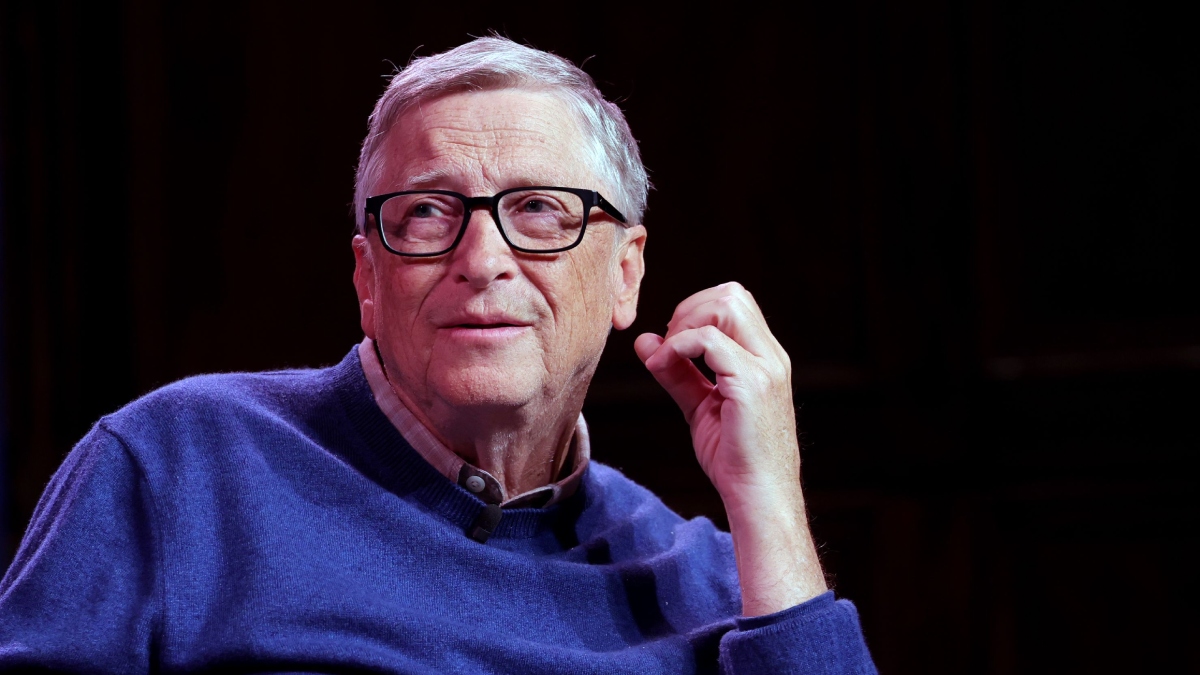Bill Gates has announced a bold commitment to donate nearly all of his wealth over the next two decades, vowing that his vast fortune will be used to fight global poverty, preventable diseases, and health inequities. The billionaire Microsoft co-founder revealed that the Bill & Melinda Gates Foundation, which he co-founded in 2000 with his then-wife Melinda French Gates, will close by December 31, 2045, after spending almost his entire personal fortune.
In a statement shared on his website, Gates emphasized his desire to leave a legacy of philanthropy rather than wealth accumulation. “People will say a lot of things about me when I die, but I am determined that ‘he died rich’ will not be one of them,” Gates wrote. He further stressed the urgent need to use his resources to address critical global challenges.
The Gates Foundation, which has already provided $100 billion in funding since its inception, aims to double that figure to $200 billion by the time it closes. The foundation has supported initiatives such as the vaccine alliance Gavi and the Global Fund to Fight AIDS, Tuberculosis, and Malaria, saving millions of lives worldwide.
Gates’ decision comes as many wealthy nations, including the United States, the United Kingdom, and France, have reduced their international aid contributions. He expressed concern over this trend, emphasizing that the world’s poorest should not be abandoned.
“It’s unclear whether the world’s richest countries will continue to stand up for its poorest people,” Gates noted, adding that governments must play a vital role alongside philanthropy to achieve lasting change.
Despite its vast financial influence, the Gates Foundation has faced criticism for its outsized power in global health without sufficient accountability. Gates has also been a target of conspiracy theories, particularly during the COVID-19 pandemic.
Reflecting on his journey from a young entrepreneur to a leading philanthropist, Gates urged other wealthy individuals to consider accelerating their charitable giving. “I hope other wealthy people consider how much they can accelerate progress for the world’s poorest if they increased the pace and scale of their giving,” he wrote.






